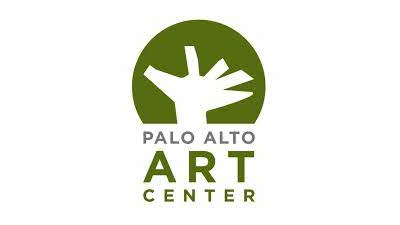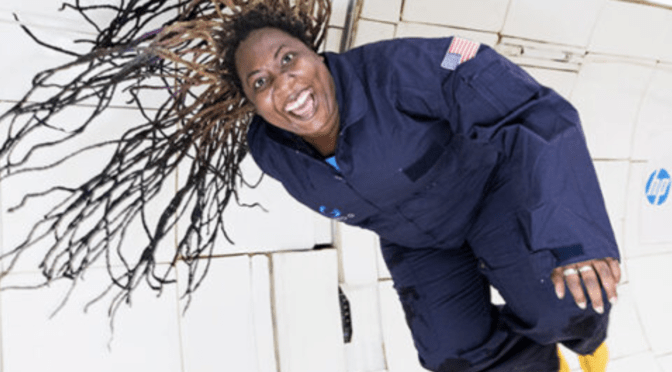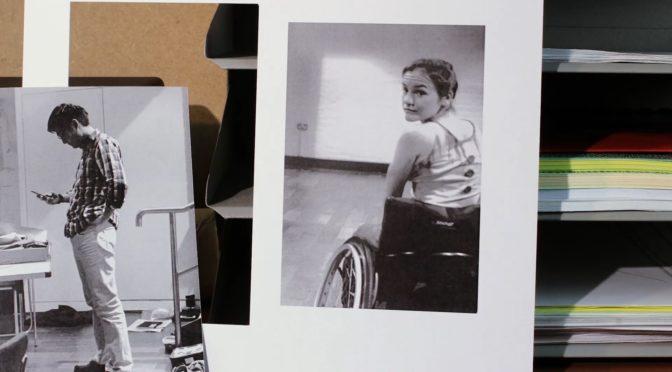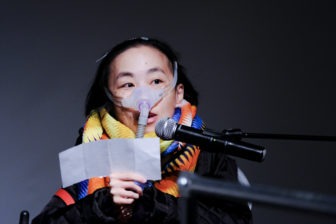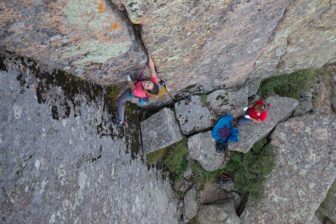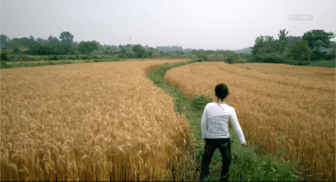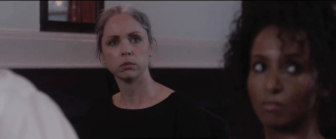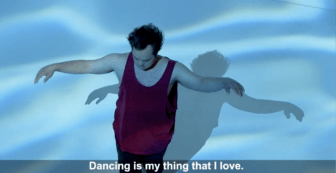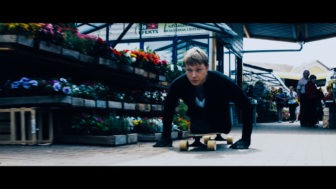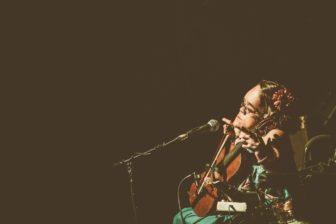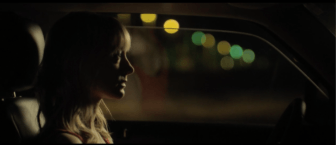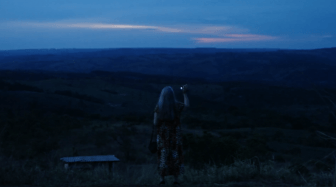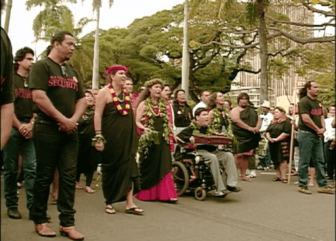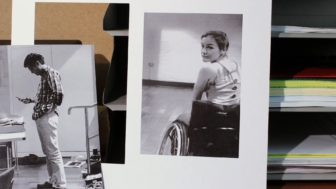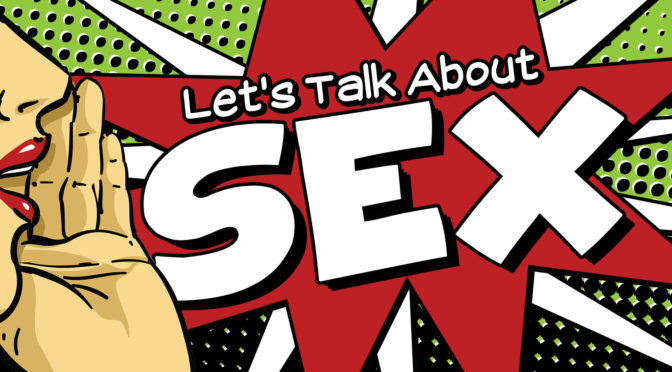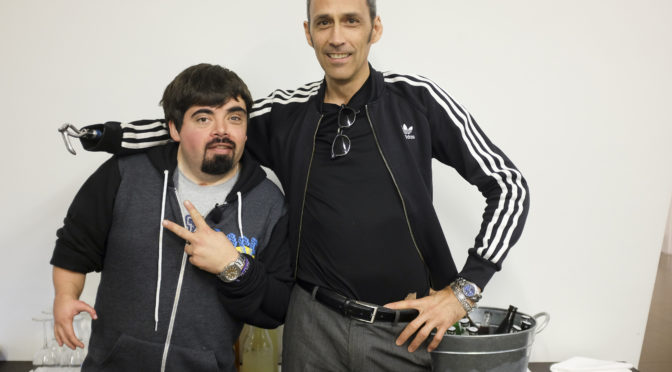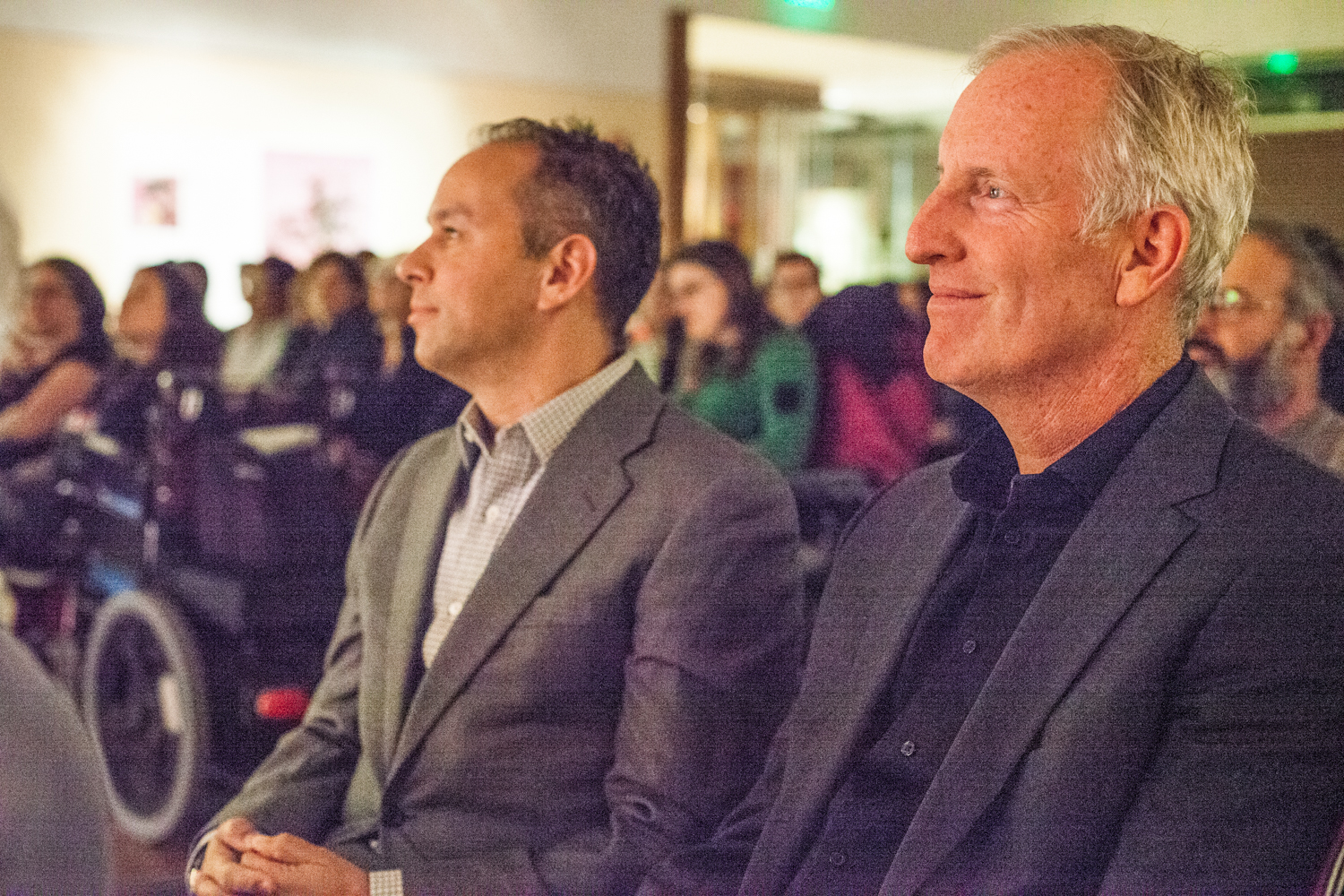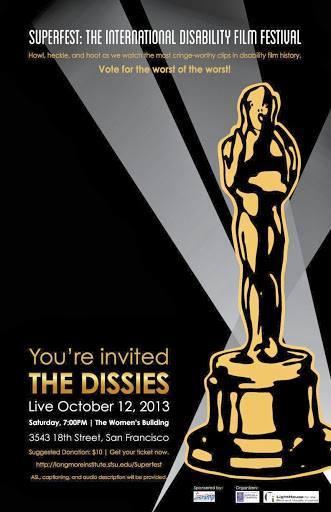Join us at LightHouse for the Blind on January 12 at 6:30 p.m. for an open community discussion about sex and intimacy. Through this conversation, we hope to challenge the common misconception that having a disability diminishes one’s sexuality. This panel will create a safe place for people of all abilities to come together and proudly claim that having a disability is a natural and normal enhancement of the human experience.
Who: Members of disability communities and their loved ones, disability rights advocates and allies, members of the professional communities who serve the disabled (e.g. educators, health care professionals, social workers etc.), sexual health and disability scholars, and anyone else who is interested. Must be 18+ years old to attend.
When: January 12, 6:30 – 8:30 p.m.
Where: LightHouse Headquarters, 1155 Market St., 10th Floor, San Francisco, CA 94103
Cost: Free to Attend.
This conversation is an opportunity to come together and discuss how we can challenge the harmful stereotypes and misunderstandings about disability, disability rights and sexuality. This panel features an incredible lineup of panelists who are all disabled. Many work and/or volunteer their time to promote and educate their communities to improve the sexual rights of individuals with disabilities. See a list of panelists and read their bios below.
Panelists will have the opportunity to share their own experiences, talk about their work and the topics they are passionate about. The remainder of the time will be allotted to and an audience Q&A to invite a community dialogue. We expect people from all walks of life to attend this event and for the conversation to cover a wide range of informative and educational topics. Please note that the conversation is adult in nature and so we are restricting the space to adults age 18 and over.
Don’t miss out on this unique opportunity to explore the impact of ableism on sexuality and the disabled. Come prepared to ask questions, and learn different ways to promote sexual freedom and expression as a human right for all people regardless of their abilities.
To register for this event please e-mail Laura Millar at info@lighthouse-sf.org or call her at 415-431-1481.
Moderator
Laura Millar, MPH, M.A.
Laura Millar is LightHouse for the Blind’s Program Coordinator for Sexual Health Services. Legally blind herself with a Master of Public Health as well as a Masters in Sexuality Studies, she conducts research that examines how individuals with vision loss learn about and navigate the world of dating, sex and intimate relationships. Millar offers workshops, trainings and in-services for individuals who are blind or have low vision, their family members and the organizations that serve them, ensuring that sexual health information and services are comprehensive, inclusive and accessible for everyone.
Panelists
Rafe Eric Biggs, PhD
Rafe Eric Biggs, PhD, is the founder of Sexability, an organization committed to transforming sexuality and disability. He is a sexual health educator working with people with disabilities and healthcare professionals who support them. He earned his Masters and Doctorate in Organizational Psychology from Alliant International University and is a member of American Society of Sex Educators, Counselors and Therapists (ASSECT).
In 2004 Biggs had a life altering experience. While traveling on spiritual retreat in India, he fell from a building and broke his neck. In an instant, he became a quadriplegic, paralyzed from the chest down.
For the last decade he has counseled individuals and educated healthcare professionals on sexuality and disability including San Francisco State University, Alliant International University, UC Berkeley and Alta Bates Hospital. He started the Sexuality and Disability Support Group at the Ed Roberts Campus in Berkeley, CA.
Biggs was featured on the TLC show Strange Sex Surrogate Manhood. He is an expert on non-genital orgasms and has been featured in Huffington Post, The Sun, International Business Times, and Chat Magazine. He can be contacted at rafe@sexabilty.org and is based in Berkeley, CA.
Ligia Andrade (Zuniga), M.A.
Ligia Andrade Zuniga, M.A., is dedicated to educating and empowering individuals living with disabilities on various aspects of independent living, particularly in the area of sexuality. She is a Director and Sexuality and Disability Educator for Sexability, an organization providing sexuality education to individuals with disabilities.
Andrade holds a Bachelor’s Degree in Human Services with an emphasis in Administration and Counseling, and a Master’s Degree in Public Administration from Notre Dame de Namur University in Belmont, California. She became interested in sexuality and disability seven and a half years ago after realizing there was very limited information, accessibility and support available regarding sexuality for quadriplegic women living with spinal cord injury, specifically for young women of color and women in the Latino Spanish-speaking community.
Andrade acquired a spinal cord injury in 2009 following an automobile accident and has since been actively and deeply involved in the community advocating for individuals with disabilities. She has been a peer supporter for seven years through the Santa Clara Valley Medical Center Spinal Cord Injury Peer Support Program. For the past three years Andrade has served as a Commissioner for the San Mateo County Commission on Disabilities where she chairs the Legislation, Outreach, and Advocacy Committee, and is the Treasurer for the Board of Directors of the Center for Independence of Individuals with Disabilities (CID). She also chairs the San Mateo County Public Authority Advisory Committee, and also serves on the San Mateo County Cal-Medi Connect Advisory Committee. Ligia recently joined the United Spinal Association, where she co-chairs the Employment Committee on the Advocacy Alliance.
Alex Ghenis
Alex Ghenis is a long-time Berkeley resident, disability activist, researcher and educator. In his freshman year at UC Berkeley, Alex co-founded the “Are Cripples Screwed?” panel discussions with his close friend, Kash Moore, and has been speaking about sex and disability for the past 10 years since.
Ghenis was also the dating and relationship columnist “Axel Grande” for National Spinal Cord Injury Association’s Life in Action magazine, where he covered topics including meeting people and “getting physical.” His goal is to help people with disabilities have better understanding of our own sexuality – and educate the entire public so that we are viewed as sexy and worthy of love.
Kevin Mintz, Ph.D.
Kevin Todd Mintz is a Ph.D. Candidate in Political Science at Stanford University. He holds an AB in Government from Harvard College, an MSc in Political Theory from the London School of Economics and Political Science and a Doctorate of Human Sexuality from the Institute for the Advanced Study of Human Sexuality. His Ph.D. dissertation, Sex-Positive Political Theory: Pleasure, Power, Public Policy, and the Pursuit of Sexual Liberation, focuses on developing a justification for political institutions and civil society taking proactive roles in promoting sexual liberties.
His research interests include the application of sexology to political theory, LGBTQi activism and disability politics.
Senya Hawkins, M.A., MFTi
Senya Hawkins, M.A, MFTi, is a registered marriage and family therapist intern with a master’s degree in psychology. He currently works as the Assistant Director of Progress Foundation’s Supported Living Program. Hawkins’ areas of expertise include systems change social-psychology, vocational rehabilitation, gender and sexuality. He also facilitates groups and workshops on the topics of sex and disability, social and vocational skill building, diversity and managing disabilities in the workplace (www.senyahawkins.com). Hawkins is in the process of finishing his final exams for licensure as a Marriage and Family Therapist.
Hawkins is dedicated to demystifying sexuality and providing information about sex and gender to groups who are often under-educated on these subjects. His goal is to help increase accessibility in bedrooms and communities by encouraging communities to become more aware, more empathetic, more experienced and more knowledgeable about sexuality and gender.
Robin Wilson-Beattie
Robin Wilson-Beattie is a disability and sexuality health educator and writer, teaching the world to embrace and explore your sexuality, regardless of ability. She is a member of the Association of American Sexual Educators, Counselors and Therapists (AASECT), the Women of Color Sexual Health Network (WOCSHN), and a certified graduate and member of the San Francisco Sexuality Information Training (SFSI).
Wilson-Beattie has been involved in sexuality education and awareness since high school. After acquiring a physical disability, she began speaking on sexuality and disability topics and issues in 2008. She consults with individuals and organizations on issues of adaptive sexual support, and has had written articles and curriculum on this subject. Wilson-Beattie is a nationally recognized self and systems disability advocate. She is a deep-fried Southern girl, Sex Geek, comic book nerd, mid-century buff and proud Mama of one amazing daughter. Find her on Twitter @SexAbled, or like sexAbled on Facebook.


